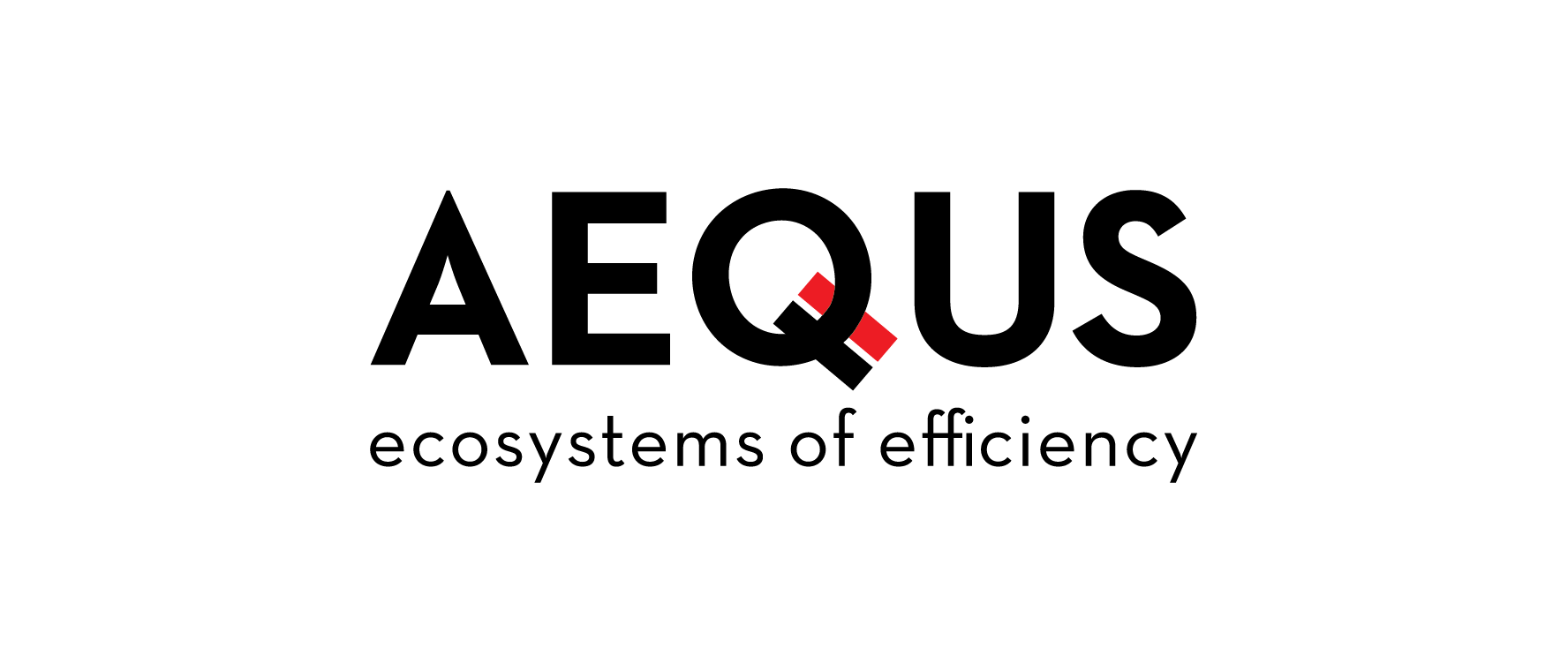The Hindu, January 06, 2022
The Koppal Toy Cluster (KTC), the first such infrastructure in the country, will be operational in March 2022, said Aravind Melligeri, chairman and CEO of Aequs. KTC is being set up by Aequs Infra, a group company of Belagavi-based Aequs Pvt. Ltd.
Six toy and toy-component makers have signed MoUs with Aequs Infra while another three players, including Viscon Polymers, manufacturer and exporter of custom rubber moulded products, have started construction of their production facilities at KTC. Mr. Melligeri told The Hindu: “At least three manufacturing units are expected to be operational by March 2022. Several other marquee toys brands have shown interest in setting up their manufacturing facilities at Koppal.”
KTC that is coming up on a spread of over 400 acres of land will comprise the entire value chain of capabilities ranging from toy making, production of packaging, tool making, paint making, developing electronics and other accessories.
The cluster is also estimated to attract an investment of over ₹4,000 crore and create over 25,000 direct jobs (mostly for women in North Karnataka) and over a lakh indirect jobs.
At completion, the cluster will house over 100 large and small manufacturing units in SEZ and domestic tariff area (DTA) for exports and domestic markets, respectively. KTC would also feature an incubation centre for toy manufacturing and ancillary activities, said Aequs.
According to Mr. Melligeri, segmentation of the toy industry is interesting and types of toys include plush toys, electronic toys, games and puzzles, construction and building toys, dolls, sports, outdoor play toys, infant/pre-school toys, and activity toys. Educational toys are a sizable part of this market. “What we have noticed is that toys are increasingly becoming electronic in nature and are more curiosity-driven. Physical toys are finding it difficult to compete with gadgets, and the most popular toys today are related to popular cultures like movies and TV shows. However, the biggest markets for toys remain remote-controlled cars,ride-on toys, and electronic toy vehicles,” he elaborated.
The Indian toy industry is highly fragmented, with around 4,000 units of various sizes operating. “The organised sector accounts for only 10% of this,” said Sharad Kapoor, general secretary, The Toy Association of India. But the potential for growth was good with high demand for toys driven by young population, rising disposable income, changing spending patterns, and shift from traditional toys to innovative, intelligent electronic toys, Mr. Melligeri said.
This article first appeared in The Hindu
